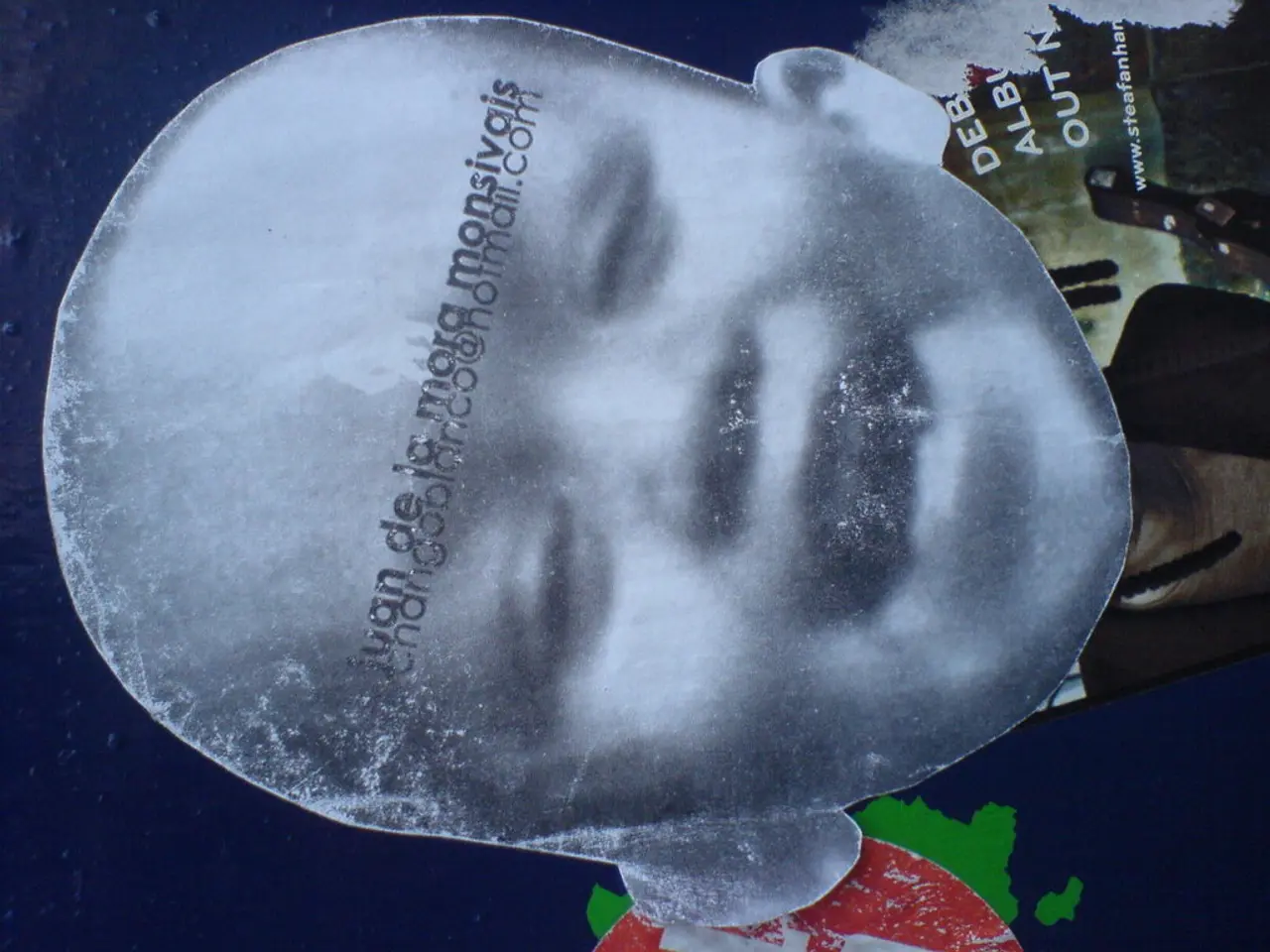Newborn Babies Start Smiling: Insights into Age, Causes, Development, and Other Factors
=====================================================================
In the first few months of a baby's life, one of the most cherished moments is when they smile for the first time. This article aims to provide an insight into when to expect a baby's first social smile and the development that follows.
According to various experts and health organisations, such as the Centers for Disease Control and Prevention (CDC), social smiling begins most commonly between 5 and 7 weeks of age. At this stage, babies smile intentionally as a form of communication rather than as a reflex.
During the following weeks, around 8 to 12 weeks (2 to 3 months), these social smiles become more frequent and purposeful. Babies may smile more consistently in response to familiar faces, voices, and social interaction. By about 10 weeks, their social interactions increase, and they may smile more intentionally at caregivers.
It's important to note that this timeline is typical, but slight variations in when social smiling begins are normal. However, if a baby’s social smiling is significantly delayed beyond this range, it is advisable to discuss with a pediatric provider.
For parents of premature babies, it's essential to remember that they tend to reach developmental milestones later than babies born at term. The development of premature babies is often measured using a corrected age, which reflects the age that the baby would be if they had not been born prematurely.
Lastly, it's worth mentioning that babies can smile from the moment they are born. These initial smiles are often reflexive and not a deliberate form of communication. As the baby grows and develops, they will start to engage in social smiles, bringing immense joy to their parents and caregivers.
In conclusion, the development of a baby's smile is a beautiful journey that unfolds over the first few months of life. Parents should prioritize face-to-face interactions, focusing on smiling, playing, singing, and doing other activities the baby enjoys. By doing so, they can help encourage their baby's social smiling and foster a strong bond between them.
Sources:
- CDC
- BabyCenter
- Healthline
- Mayo Clinic
- British Academy of Pediatrics
A caregiver can expect a baby's first intentional social smile between 5 to 7 weeks of age, making it a crucial period for fostering healthy mental-health development and parent-baby bonding. As the baby approaches 8 to 12 weeks (2 to 3 months), the frequency of these social smiles increases, demonstrating the importance of health-and-wellness practices like engaging in regular social interaction for a baby's overall development.




